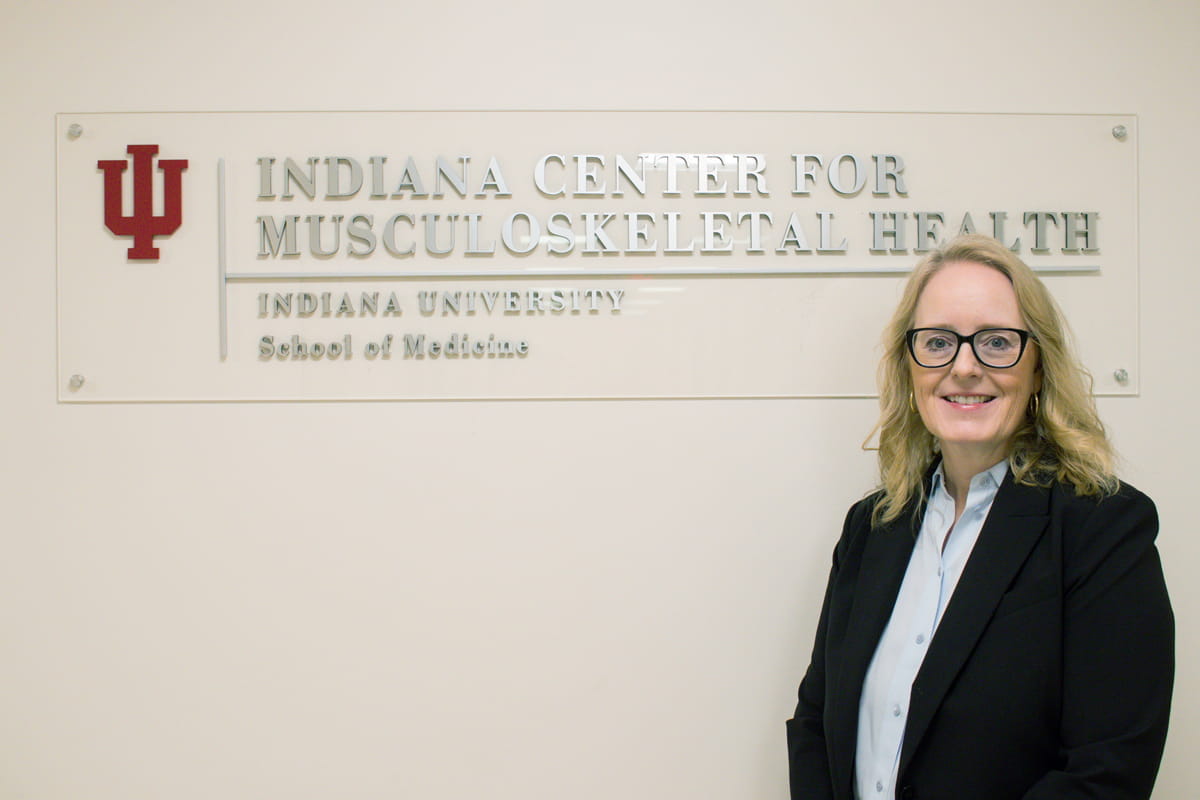The center supports two annual initiatives for internal pilot funding. These pilot funding programs are important mechanisms in supporting multidisciplinary research projects led by teams of collaborative primary investigators. The ultimate objective is to support creative research and discoveries by these expert teams. These initiatives are open to all members of the ICMH.
The ICMH is also proud to partner with the IU Melvin and Bren Simon Comprehensive Cancer Center, the Stark Neurosciences Research Institute, the Indiana Center for Diabetes and Metabolic Diseases, and the Herman B Wells Center for Pediatric Research in an annual multi-center funding program. The goal of this initiative is to bring together members of the participating centers and institutes to collaborate on the development of groundbreaking concepts that advance the mission of IU School of Medicine as well as the research goals of the funding centers. Projects are cross-disciplinary, in novel areas of investigation, and carry the goal of generating data in support of future collaborative funding opportunities.
